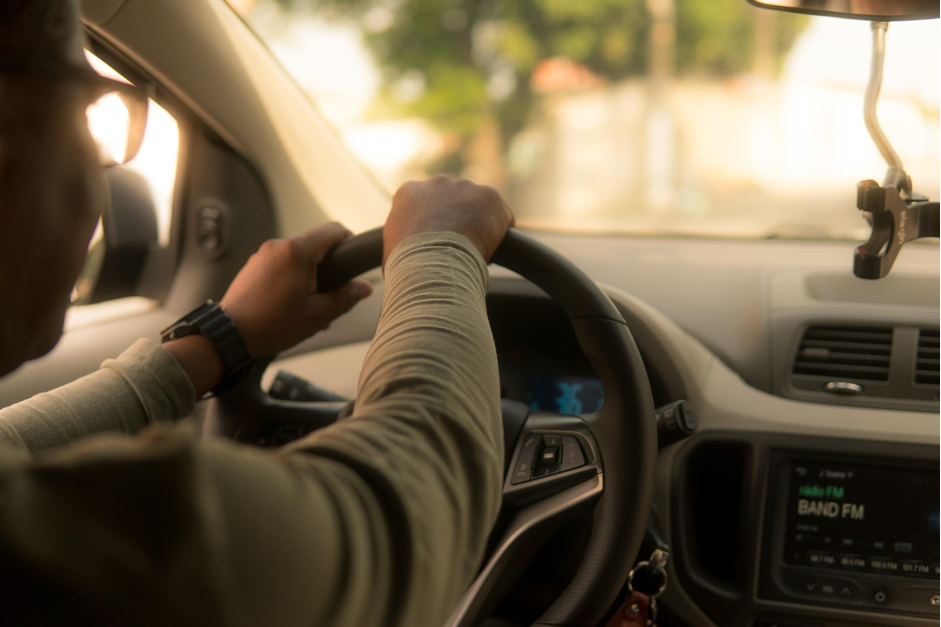Ridesharing has changed the way people get around in cities. With cheaper rates and easier access to vehicles than traditional taxi services, these apps have carved themselves out a significant place in the market. They aren’t just taking business from taxis, though. They are also appealing to groups who would have previously taken public transportation or driven themselves.
The rise of leading rideshare apps like Lyft and Uber has also opened up new employment opportunities for many people. Whether they are looking to work full time or just make some extra cash on the side, many people are looking at these opportunities.
If you are interested in becoming a rideshare driver, it’s important to know that the insurance provided by these companies is very limited and only applies under certain conditions. You must also carry your own insurance.
What Uber and Lyft Insurance Covers
Anyone thinking about driving with one of these companies needs to be aware of what their employment status will be and how that will affect them when it comes to insurance as well as in other ways. Drivers for these companies are not considered employees. Instead, they are independent contractors. This is a great labeling for the company and their bottom line as they don’t have to provide benefits like health care for their drivers.
It also means that their drivers are not fully covered under the insurance policy that they provide. While Uber and Lyft do have insurance, it will not always cover your damages in a crash. Both of these companies require that their drivers carry their own insurance for the vehicle they drive. The insurance provided by Lyft and Uber is mainly in place only because some areas require that they carry it.
Since you are likely using the same car for driving for Uber or Lyft that you use as your personal vehicle, it is important to be aware of the different levels of coverage you will receive, depending on how you are driving your car at the time. There are four different periods of work that you might be in, and your coverage will cover you differently in each one. They are:
- Period 0 – App is off
- Period 1 – App is on, and you’re waiting for a ride request
- Period 2 – You have accepted a ride and are on your way to pick up a passenger
- Period 3 – You have passengers in your vehicle
During period zero, you are not covered by the rideshare app’s policy at all. During period one, you have limited liability coverage available from the app of up to $50,000 per injured person and up to two people, along with $25,000 in property damage coverage. However, this coverage only applies in a case where your personal insurance is not enough to cover all damages.
In periods two and three, you are covered for the full amount of the apps’ $1,000,000 liability coverage. You also have comprehensive and collision coverage, but only if you have them on your personal policy as well, and first pay a deductible.
This policy also pays out in the case of another uninsured party being at fault for the accident.
It’s important to note that, like all insurance companies, the coverage provided by these apps will attempt to not pay the claims if they can find any reason for denying them. Unless your personal insurance includes rideshare insurance, you will be left completely uncovered and liable for all damages.
What Rideshare Insurance Purchase From a Leading Insurer Covers
When you drive your vehicle for a rideshare company and don’t purchase rideshare coverage from your personal insurance provider, not only do you risk not being covered in the case of an accident, but you also risk having your coverage completely revoked.
With rideshare insurance, you will have several levels of coverage options available to you and should take into consideration both what you can afford and the risks that come with less coverage.
Who Else Needs Rideshare Insurance?
People who drive for Uber or Lyft aren’t the only ones who need rideshare coverage on their insurance policy in order to be covered in an accident. Anyone who drives for an app-based delivery service needs to purchase this type of coverage as well in order to ensure that they are covered in case of an accident.
When Involved in an Accident
Rideshare insurance is not available in all states. If you want to drive in a state that does not offer this coverage, you will have to purchase a commercial insurance policy. Rideshare is still a fairly new concept as far as the law is concerned, and these policies are even newer.
Anytime you are involved in an accident of any sort consulting a lawyer is a good idea. When involved in a rideshare accident, it is a near necessity. Read more about rideshare accident lawyers and how they have helped car accident victims to get the compensation that they deserve.



 Bitcoin
Bitcoin  Ethereum
Ethereum  Tether
Tether  XRP
XRP  Solana
Solana  USDC
USDC  TRON
TRON  Cardano
Cardano  Lido Staked Ether
Lido Staked Ether  Avalanche
Avalanche  Toncoin
Toncoin